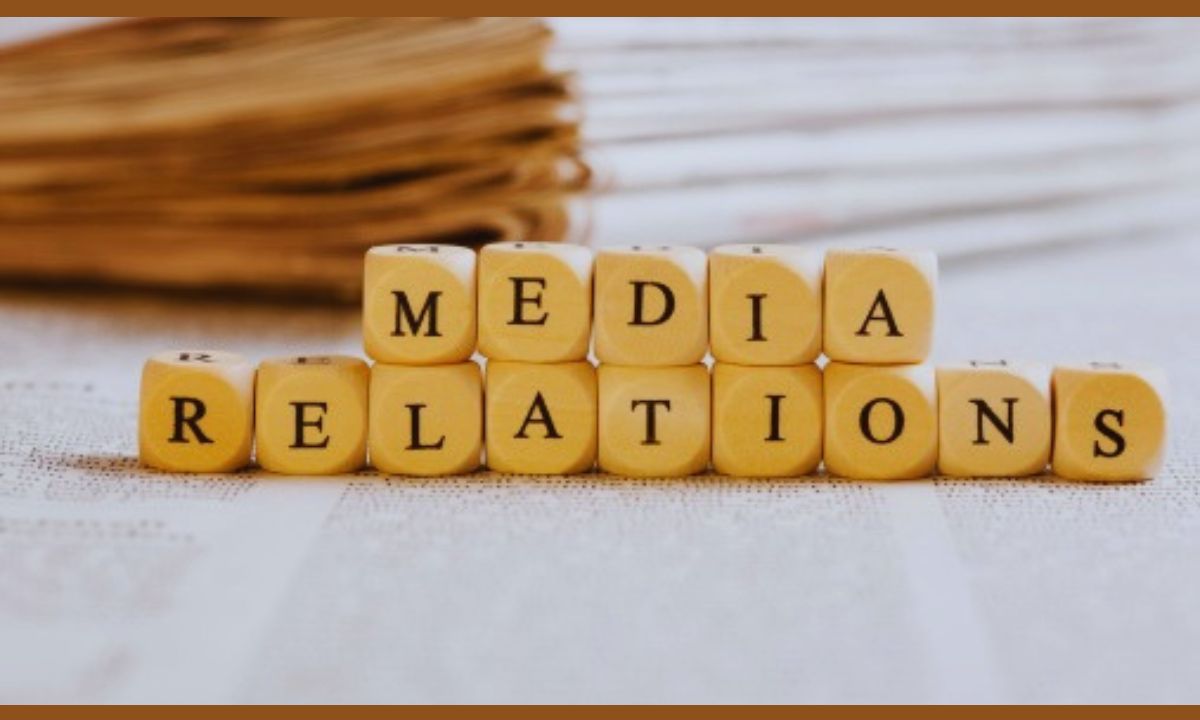Many business owners are ignorant of the distinction between a PR agency and a marketing company. Both have many similarities, and they typically work best when paired as part of a larger overall strategy. Many people believe you must choose between the two, but this couldn’t be further from the truth. Both have their advantages and may be utilized separately or in tandem. The fact that PR is so little understood is one of the reasons the two are frequently confused.
Public relations: what is it?
There is much more to public relations (PR) than just media relations, which is what most people first think of when they think of it. Public relations (PR) is a technique for interacting with the public, forming perceptions, and raising brand awareness. Reputation management is another component of public relations; if your company receives negative press, a skilled PR firm will counter it with favorable publicity. In essence, public relations is all about convincing people to think favorably of your business; if this results in increased sales, it’s an even better return on investment.
Describe marketing
Marketing has typically been linked to initiatives created exclusively to boost sales and revenue. Public relations can occasionally be an element of a marketing campaign’s overall strategy. Marketing is the process of delivering a message to your target market that motivates people to purchase your goods or utilize your services.
Although the end result has not changed, marketing has drastically evolved in recent years. Particularly the digital side of things has fundamentally altered how people advertise their businesses. Search engine optimization, pay-per-click advertising, and email marketing are examples of common digital marketing techniques.
The key distinctions between public relations and marketing may be confusing to you.
Differences in Public Relations and Marketing Based on Goals
We use a T-Fork junction when discussing objectives, deliverables, and performance-driven metrics in both PR and marketing. For illustration:
- A public relations objective would be to market a product, raise anticipation for the debut, and maintain a favorable reputation through various communication techniques with stakeholders.
- The objective of a marketing team, on the other hand, is to take a sales-driven strategy while letting the consumers do the work. Have you ever heard the phrase “word of mouth marketing”? One component of marketing is just that.
Moving forward, income is crucial in determining the amount of money spent on marketing versus public relations. PR often doesn’t cost that much, but comprehensive marketing demands a lot of attention and money.
You could counter that media coverage and skilled public relations initiatives cost a lot of money. It’s true, but what about the media reputation gained by PR?
Because you are frequently cited by journalists as a good resource, you do not need to spend much money to gain media attention in earned media. Contrary to the public relations campaign using “Paid media,” which is an altogether different situation, this procedure.
Difference Between Public Relations and Marketing in Daily Task/Tactics
Let’s go on and examine what the phrase “daily tasks” means in the context of a PR professional and marketing business.
First, we regularly discuss public relations strategies. The area of expertise in this sector is:
- securing chances for company and stakeholder speaking engagements in the public
- In charge of sending messages
- Organize and write press releases
- For media coverage, contact journalists via various networks.
- Utilize crisis communication to control a crisis. In times of need, PR
- Project a positive image for your company generally, and do reputation management on the side to deal with any negative feedback, etc.
While a team of public relations professionals can handle the majority of these tasks, many organizations prefer to work with experienced PR agencies from the beginning.
What the “daily techniques” list has in store for a marketing department is as follows:
- Run marketing initiatives across many websites.
- Look for opportunities to place online ads on various websites.
- Create KPIs that reflect the work of the digital marketing team, monthly goals, analytics, the number of customers that converted, and so on.
- To expand brand awareness and boost sales, do in-depth industry research
But that’s not all. Here is how the game appears when viewed in terms of metrics.
The difference in Audience Level Between PR Agency and Marketing

In general, the target audiences that PR and marketing teams focus on while creating communications vary.
- Public relations teams aim to communicate with a potentially infinite audience. These teams may concentrate on the tailored or campaign-based consumer, stakeholder, media, and even employee outreach
Depending on the company’s current needs, a PR specialist might be creating customized investor communications at the same time that they are creating a press release blitz.
- Assuming that the PR team is handling all internal communications, the audience that marketing teams strive to target is typically larger because this group is either addressing consumers or prospects.
The marketing team may, however, take part in activities like ABM, digital advertising, or email marketing that center on segmenting and focusing on particular groups of either present or potential clients.
When Should a Company Use Marketing or Public Relations Strategies?
Despite some very obvious distinctions, marketing and public relations cannot work independently of one another. The two departments must work together for success in the fragmented media landscape of today.
Let’s examine an instance where the efforts of the PR and marketing teams have influenced one another.
- It will be more difficult to establish a successful brand reputation, or relationship, with customers if the good or service you are advertising has little brand awareness. Sales will probably drop as a result of this.
By securing press for the product or service and then building social media advertisements around that press, the PR and marketing departments could collaborate to raise brand awareness.
Influencer marketing and social media marketing are two strategies that PR and marketing teams are increasingly managing. Influencers and social media can be leveraged to launch focused ad campaigns and spread brand-building messages.
Which is better for my company, marketing or a PR firm?
What you intend to accomplish will determine which agency is best for your organization. Do you want to introduce a new product to the market? In that case, working with a marketing firm would be preferable. A PR agency would be more appropriate if you wanted to increase brand awareness and build trust. Both types of agencies can be advantageous to your company; you just need to know what you want to accomplish and how much you want to spend in order to make an informed choice.
Conclusion
Public relations vs. marketing involves rigorous preparation and execution over the long term.
Additionally, you require a professional to track outcomes and determine success. It is no longer true to rely on a “splash of magic” to manage any kind of PR or marketing campaign with little to no effort.
PR Agency | PR Company | PR Marketing Company | Best PR Agency
